Together, we explore
How the College of Liberal Arts embraces curiosity and explorationThe CSU College of Liberal Arts’ mission is to create and extend knowledge and artistry that develops reflective citizens and confident leaders.
In a 2021 monthly series, we share stories that reflect our curiosity, ability to adapt, engagement with the community, and research and creative expertise.
This month, we are focusing on our curiosity.
Together, we investigate wicked problems, discover new opportunities and perspectives, and understand the context of the world around us.
Investigate
Discover
Understand
Together, we advance the human experience.

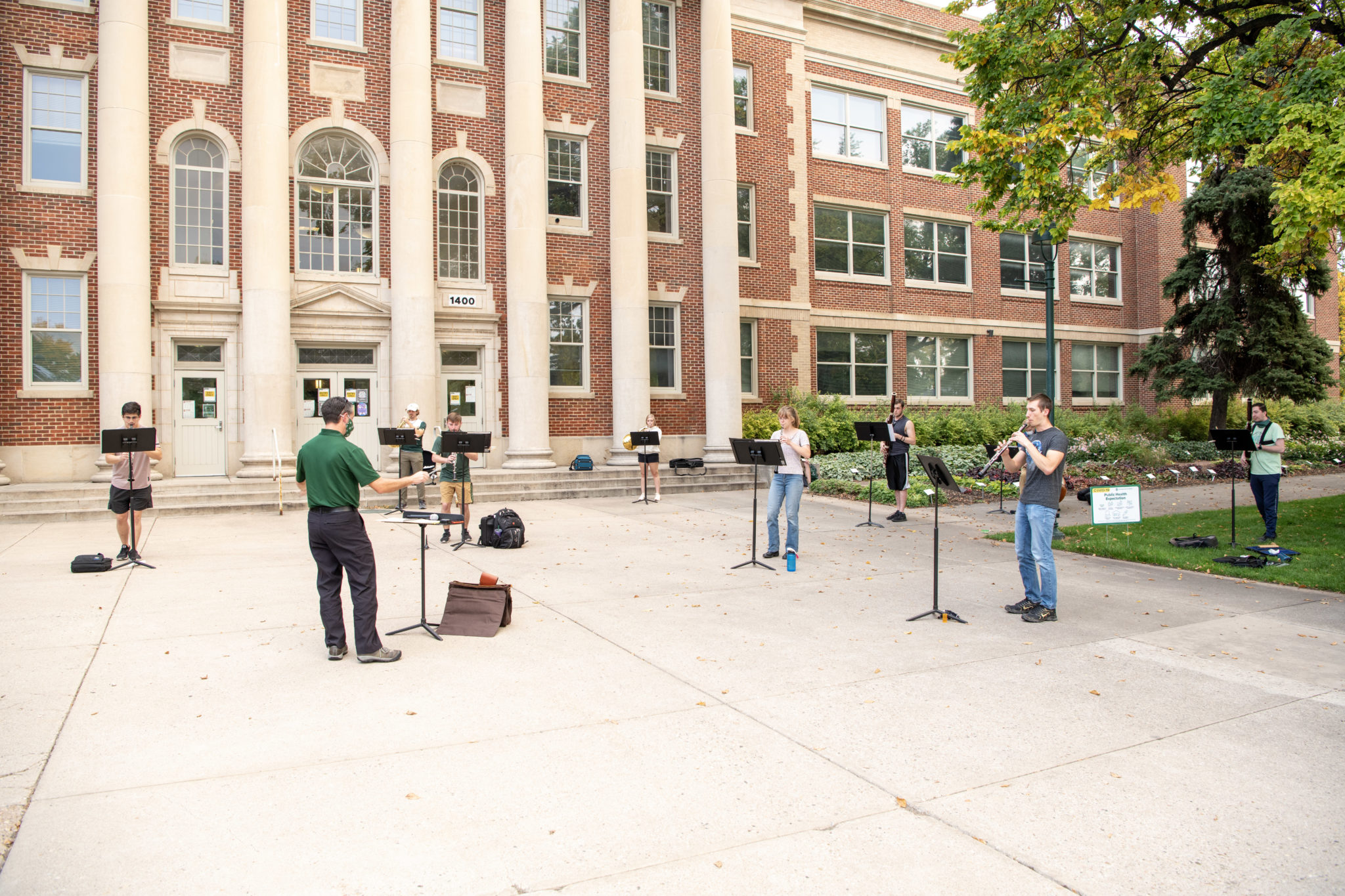
School of Music, Theatre, and Dance
Based on preliminary results from CSU’s research on human bioaerosol emissions during performing arts activities, all ensembles involving the indoor playing of wind instruments and indoor singing were suspended last fall. Rather than abandon a semester of group music-making, however, music students honed face-to-face collaboration skills through distanced playing and masked singing outside on the University Center for the Arts grounds. As we necessarily broadened the definitions of rehearsing, collaborating, and performance, CSU music students are growing as artists and creating music, even if it looks and sounds unlike anything they’ve done before.
Read more about the CSU Aerosol Emissions Study from the School of Music, Theatre, and Dance and the Department of Mechanical Engineering.
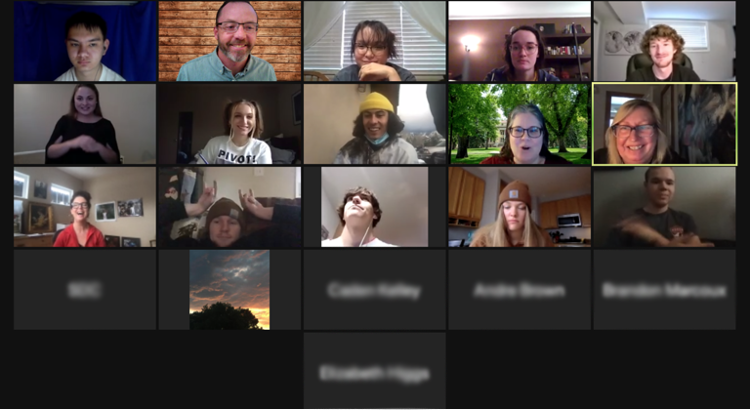
Department of Economics
In response to the pandemic, a group of eight economics professors got together to offer a course in “The Economics of Covid-19” in Fall 2020. Switching topics and professors about every two weeks, the course investigated questions like: Does it make economic sense to have a lockdown in the face of a spreading pandemic? How does the impact of such policies vary by gender, race and income group? And what are the environmental effects of recent economic changes?
Read more about ECON 101’s new pandemic focus within the Department of Economics.
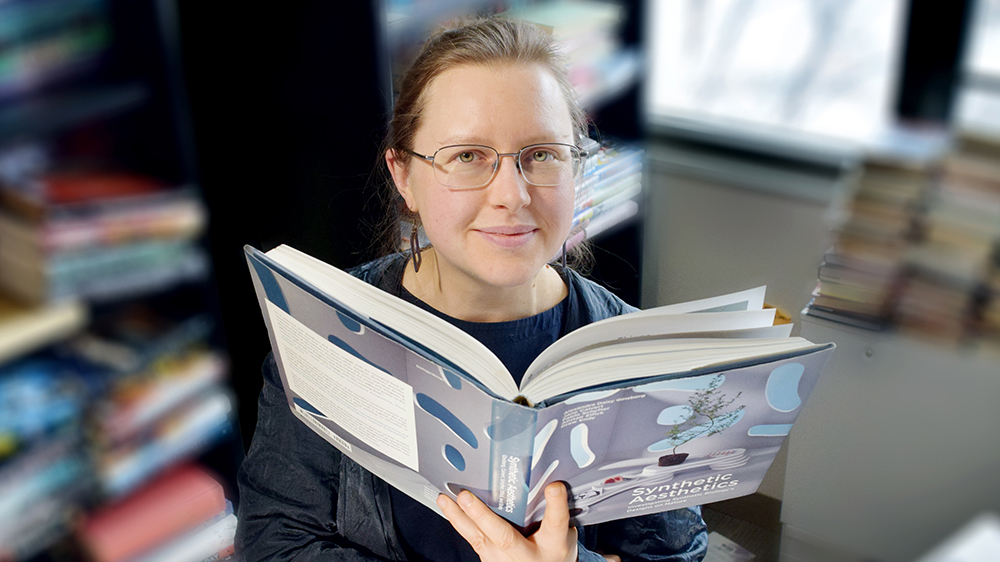
Department of English
Erika Szymanski, assistant professor in the Department of English, studies how people communicate about invisible or abstract concepts, such as microbiomes that are too small for even high-powered microscopes to observe. As a rhetorician of science, she investigates our understanding of microbiomes and our interactions with them through how we write and speak about them. Szymanski is also the first humanities faculty member of CSU’s Microbiome Network.
Read more about how our perception of microbiomes shapes our reality from the Department of English.
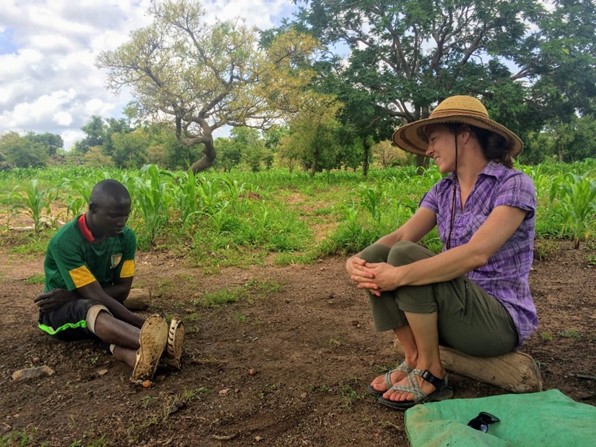
Department of Sociology
Dr. Jessie Luna from Sociology has worked with some of the richest and poorest people on the planet, and these experiences have helped her uncover staggering inequalities around health, labor, and economics. Jessie’s work in West Africa helps give voice to Burkinabè cotton farmers and their families, and her research findings inform conversations about broader and world-wide use of GMOs.
Read more about GMO research in Burkina Faso from the Department of Sociology.

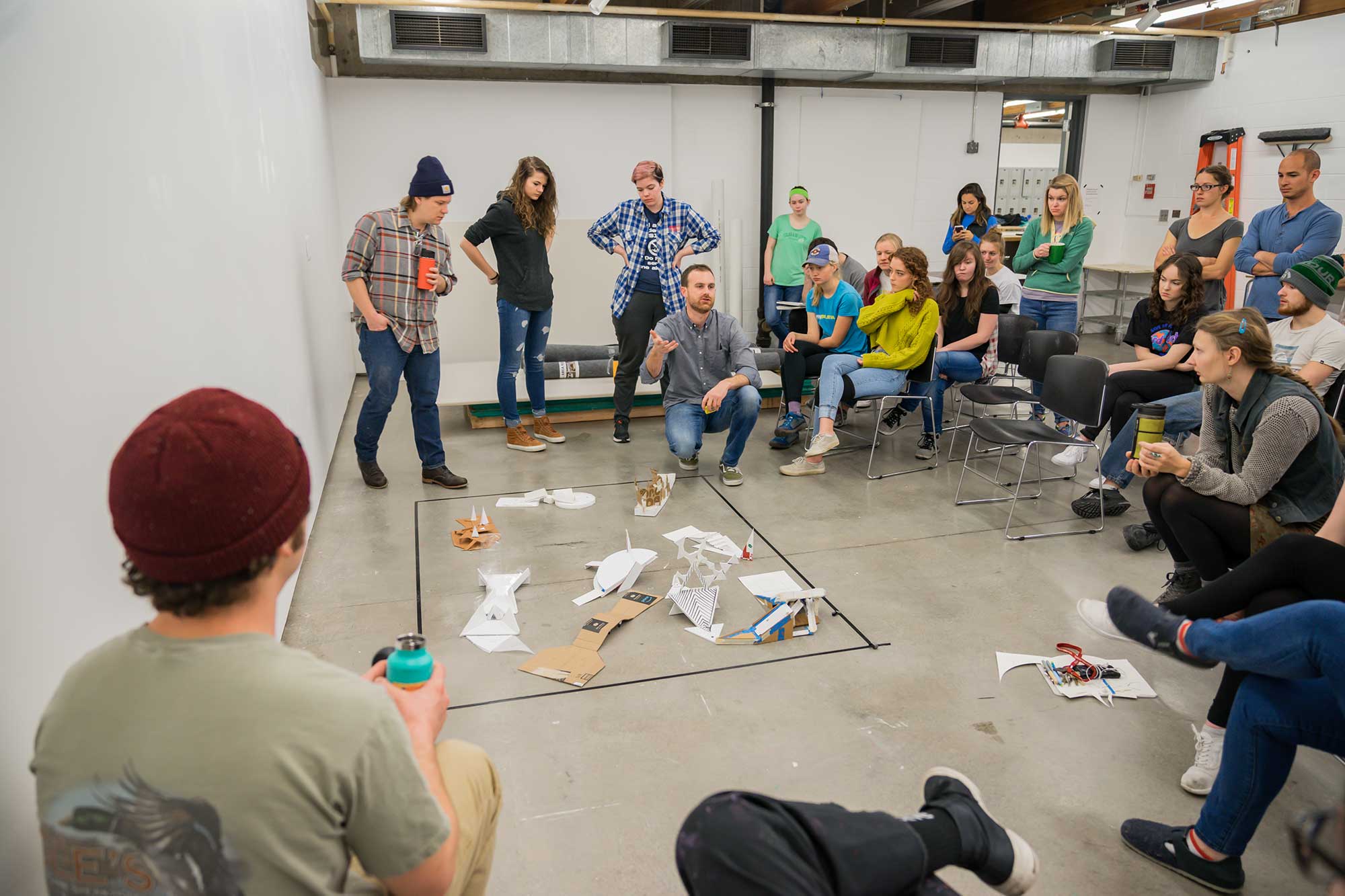
Department of Art and Art History
“Mulligan” is a culmination of a studio-intensive, interdisciplinary workshop. In conjunction with Zero Craft Corp, a an experimental, project-based art and design studio, 36 students across 9 teams collaborated on the design and fabrication of a unified, functional mini golf course in the Clara Hatton Gallery. Through iteration, critique, and collaborative problem solving, undergraduate and graduate students from the Department of Art and Art History discovered how to create a playful experience with a limited materials, form, and time.
Read more about the Zero-Craft Workshop run through the Department of Art and Art History.
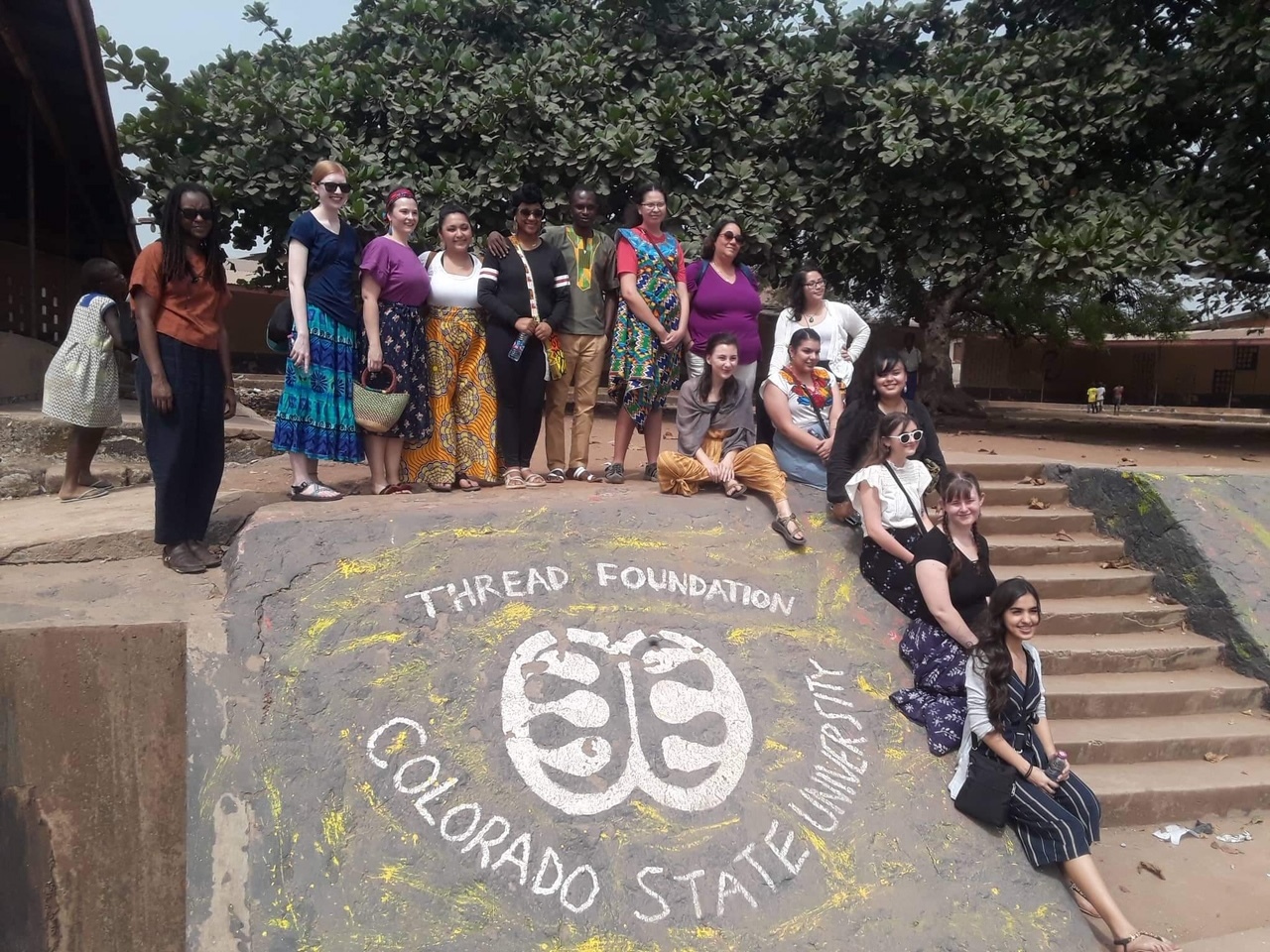
Women’s and Gender Studies
Caridad Souza, Director of the Center for Women’s Studies and Gender Research, started the short-term volunteer program “Learn & Serve in Ghana.” The 20-day trip over Winter Break immerses participants in Ghanaian society while they complete service projects in tandem with local NGOs. Students learn how to work with different cultures without imposing Western traditions as superior, understand their preconceptions and biases, and learn about transnational solidarity and its application. Ultimately, students discover how education abroad can teach self-discovery and growth.
Learn more about the service program in Ghana offered through Women’s and Gender Studies.
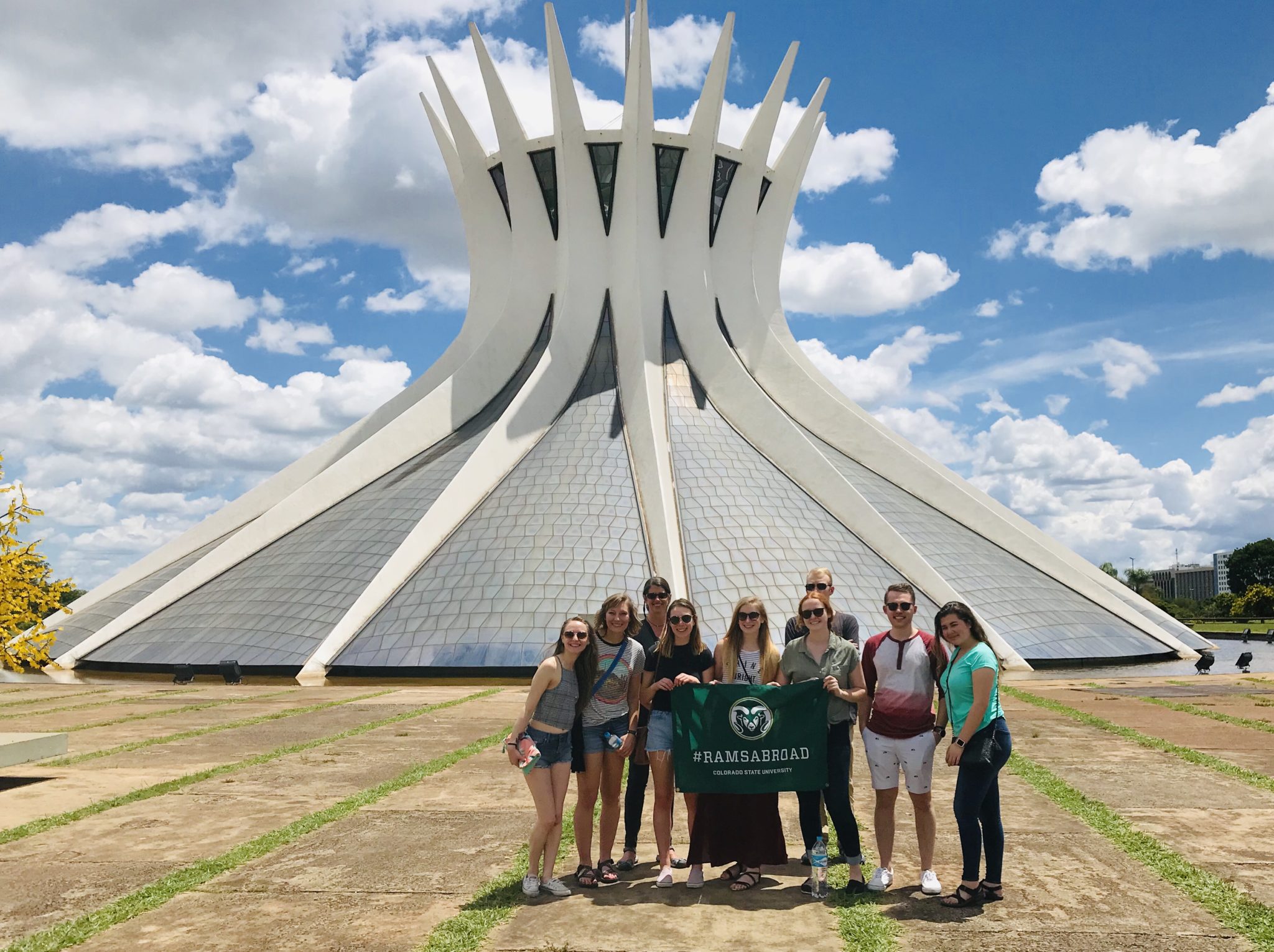
Department of Political Science
The Department of Political Science faculty bring their curriculum to life for their students by traveling with their classes to study comparative public policy and law in London, global environmental politics in the Brazilian Amazon, and food, culture, and the environment in the Mediterranean. Students and faculty travel together for anywhere from one week to one month depending on the program.
Read more about education abroad opportunities with the Department of Political Science.
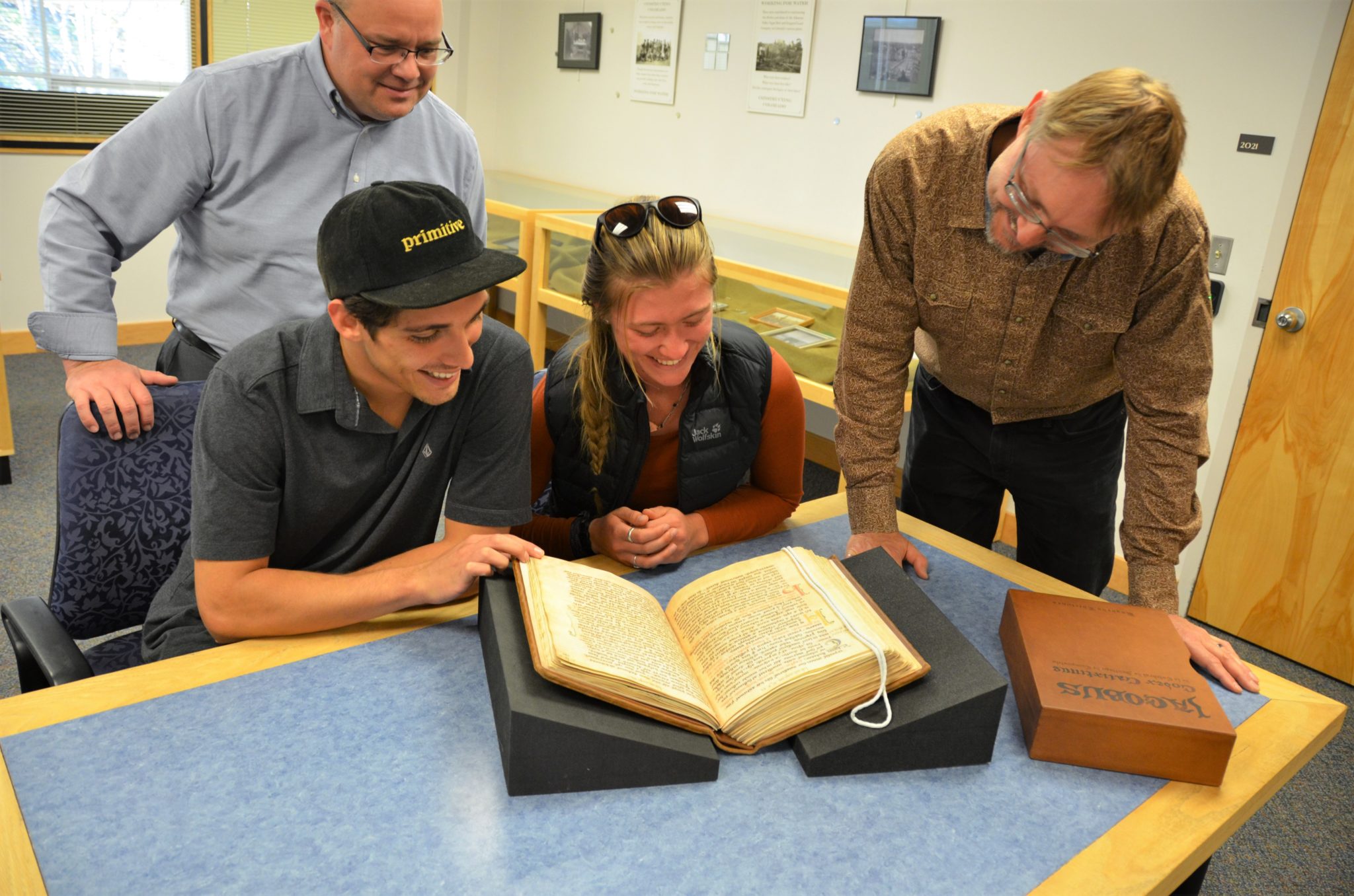
Department of Languages, Literatures, & Cultures
A river in Spain has brought together two CSU faculty members from Spanish and Ecosystem Science, as well as a couple of their students, to provide a comprehensive look at the history and environment of the Camino de Santiago. The collaboration, including education abroad trips and overseeing two student capstone projects, has taught them that the humanities and sciences can enrich and inform each other, and provide students with a more complete and fulfilling educational experience.
Read more about the interdisciplinary research and history of the Camino de Santiago through the Department of Languages, Literatures, and Cultures.

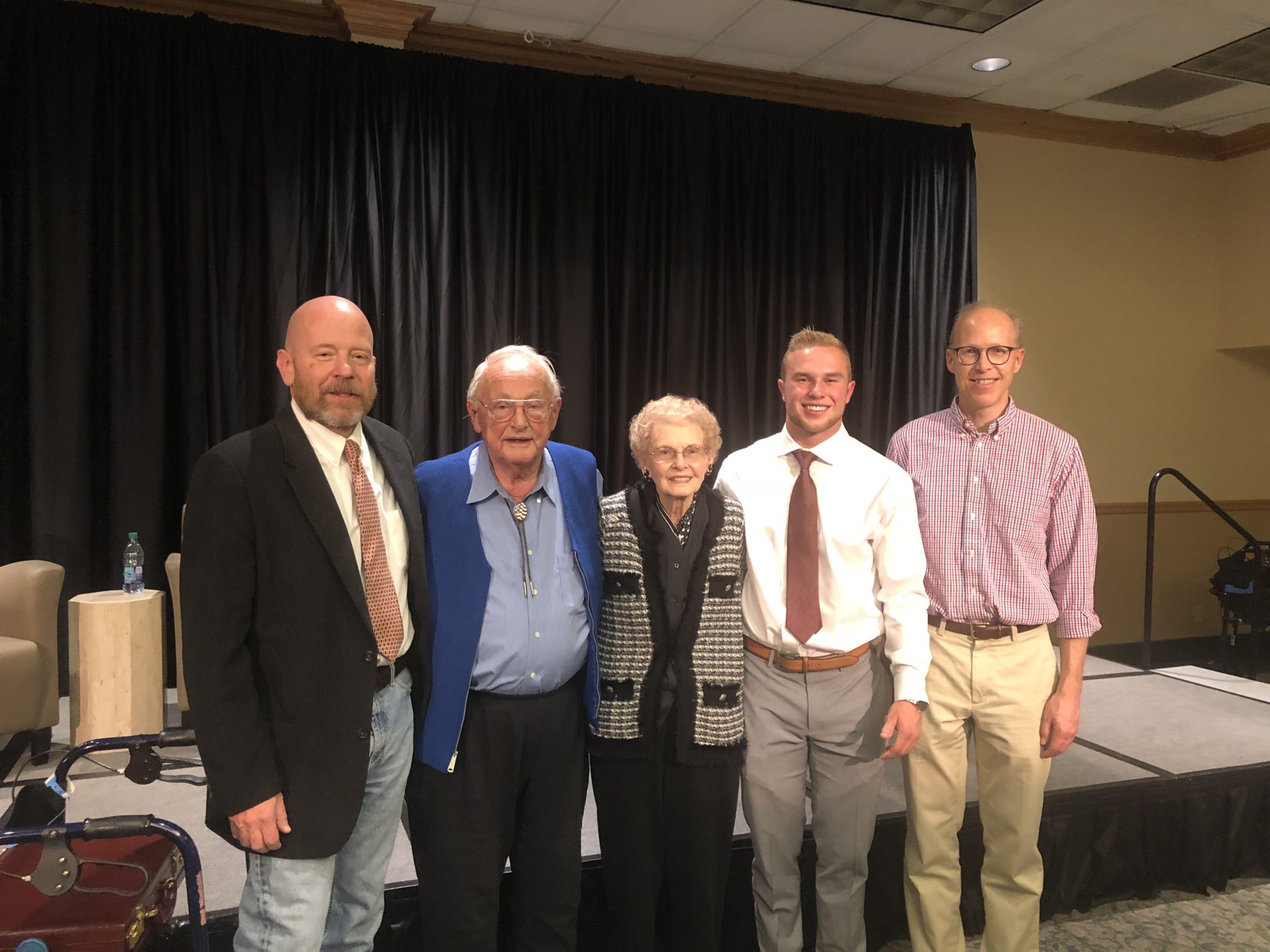
Department of History
CSU student, Landon Schmidt, and Dr. Michael Mansfield from the Department of History organized an event to share the stories of WWII nurse, Leila Morrison, and German WWII survivor, Wim Schendel. Their stories helped the standing-room only audience understand the personal experiences of this world war.
Read more about the World War II panel and the Department of History.
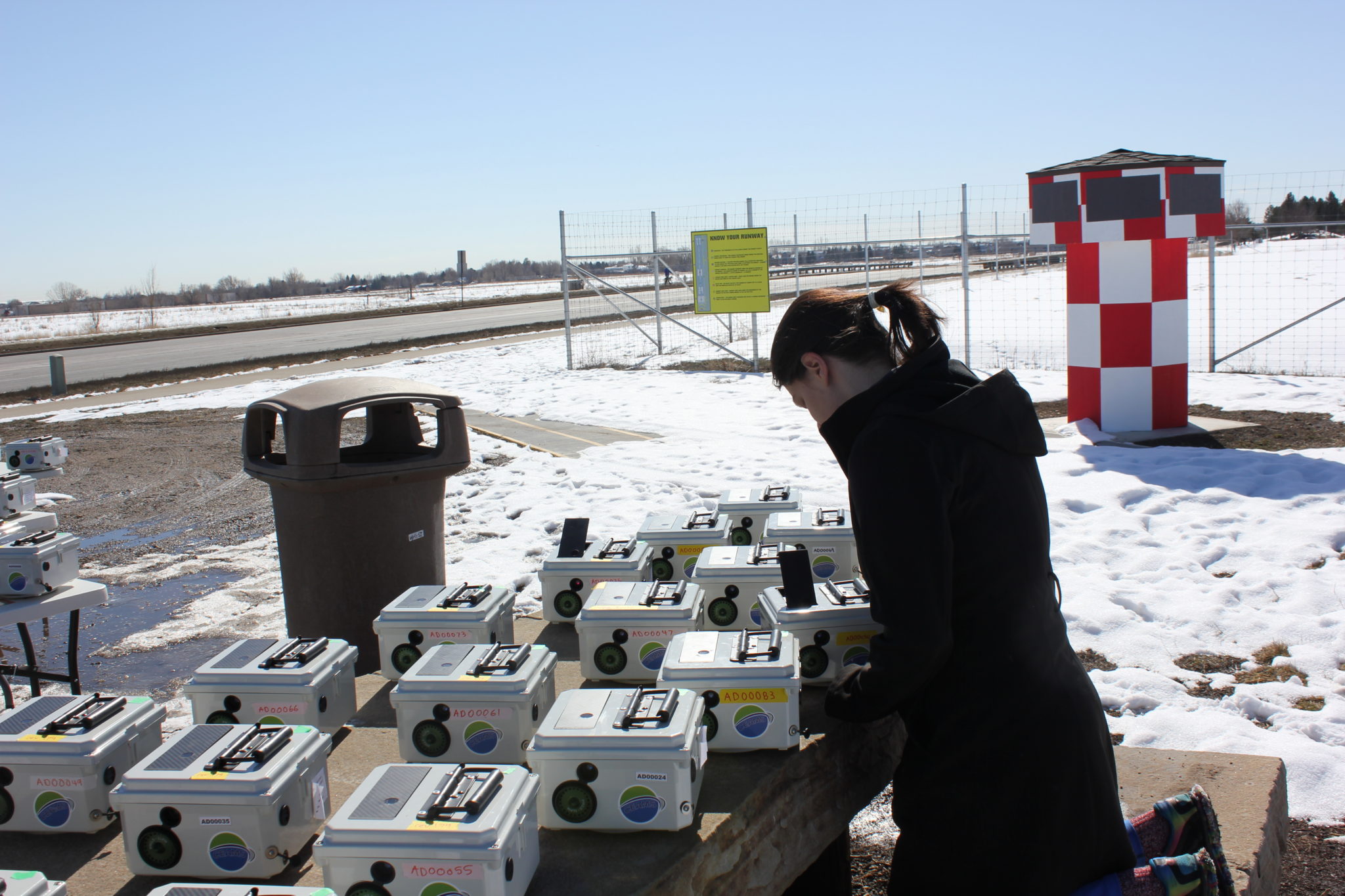
Department of Journalism and Media Communication
A new interdisciplinary center housed in the Department of Journalism and Media Communication is researching if the act of measuring air quality influences how we understand and think about the air from a day-to-day standpoint. With help from volunteer citizen-scientists, the Center for Science Communication is using Aerosol Mass and Optical Depth (AMOD) devices to provide accessible air quality metrics to scientists and study how citizens anthropomorphize —or ‘humanize’— the data collection for greater compliance in the research project.
Read more about how and why the CSC is studying air quality with expertise from the Department of Journalism and Media Communication.